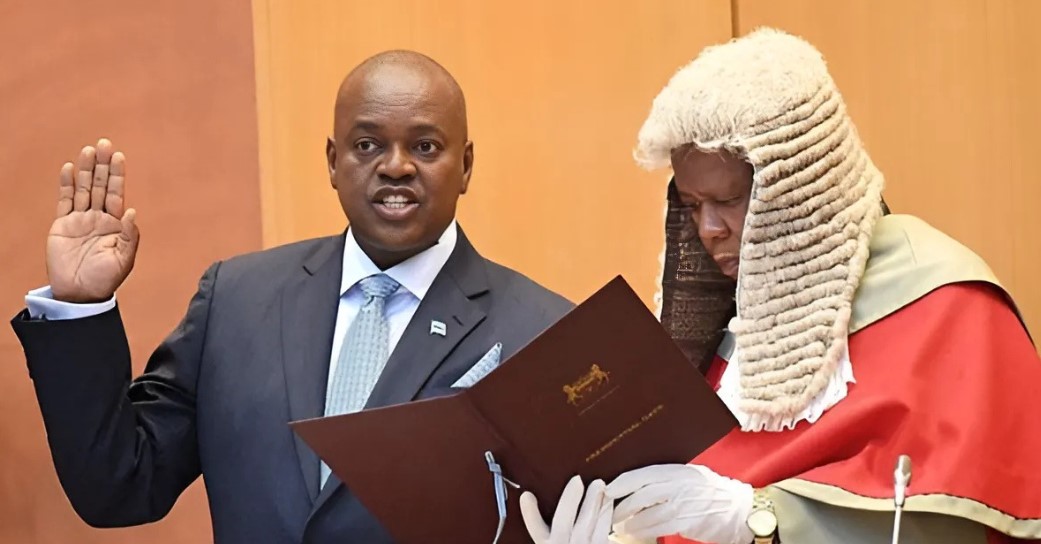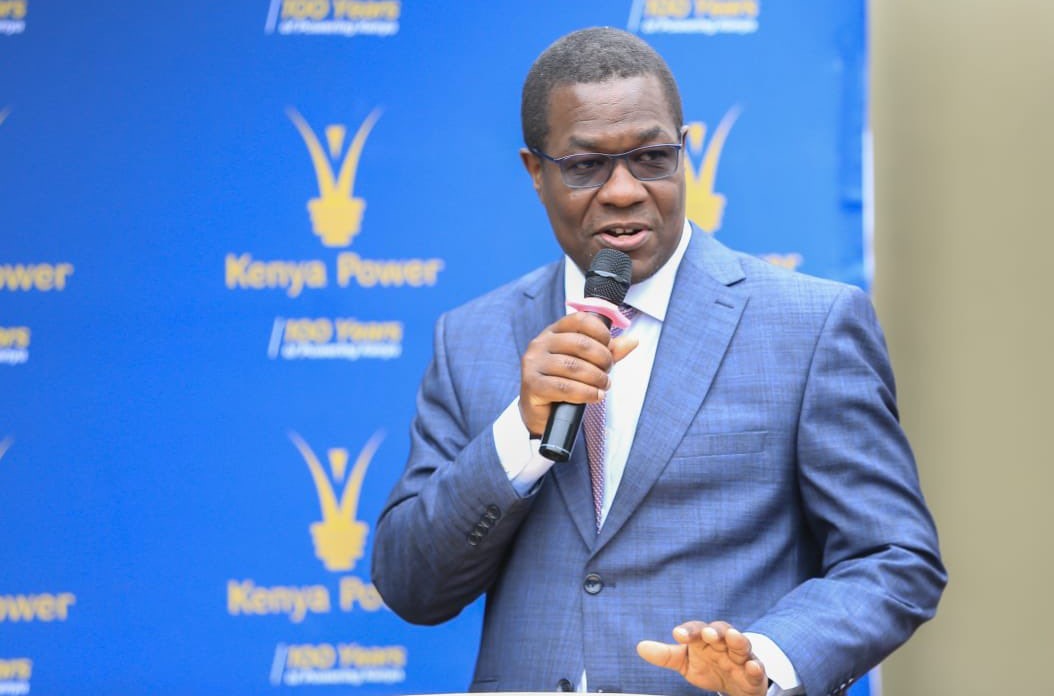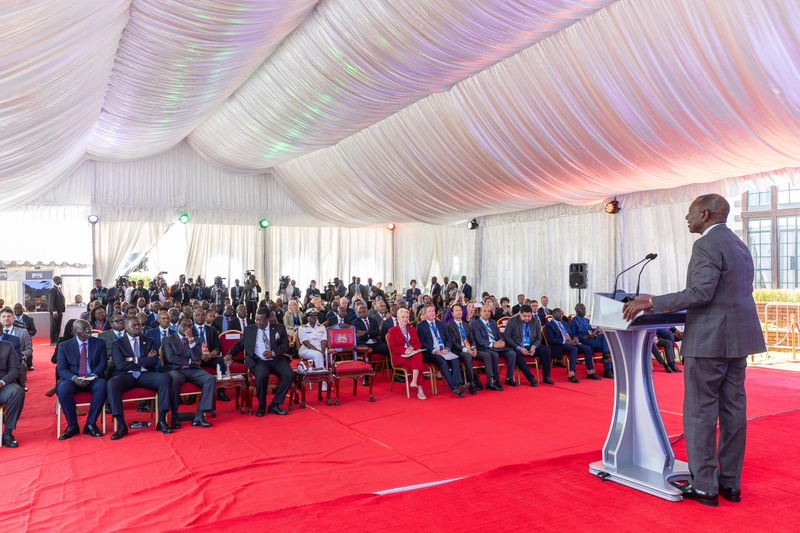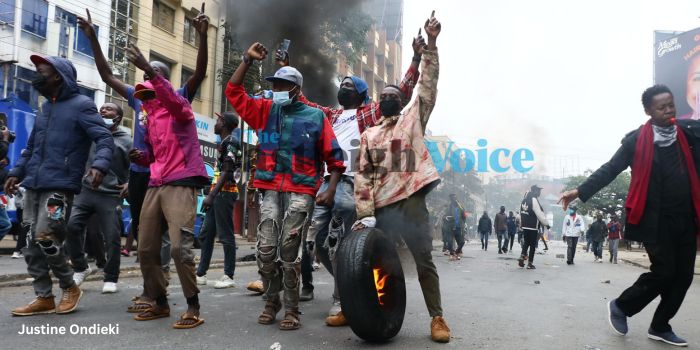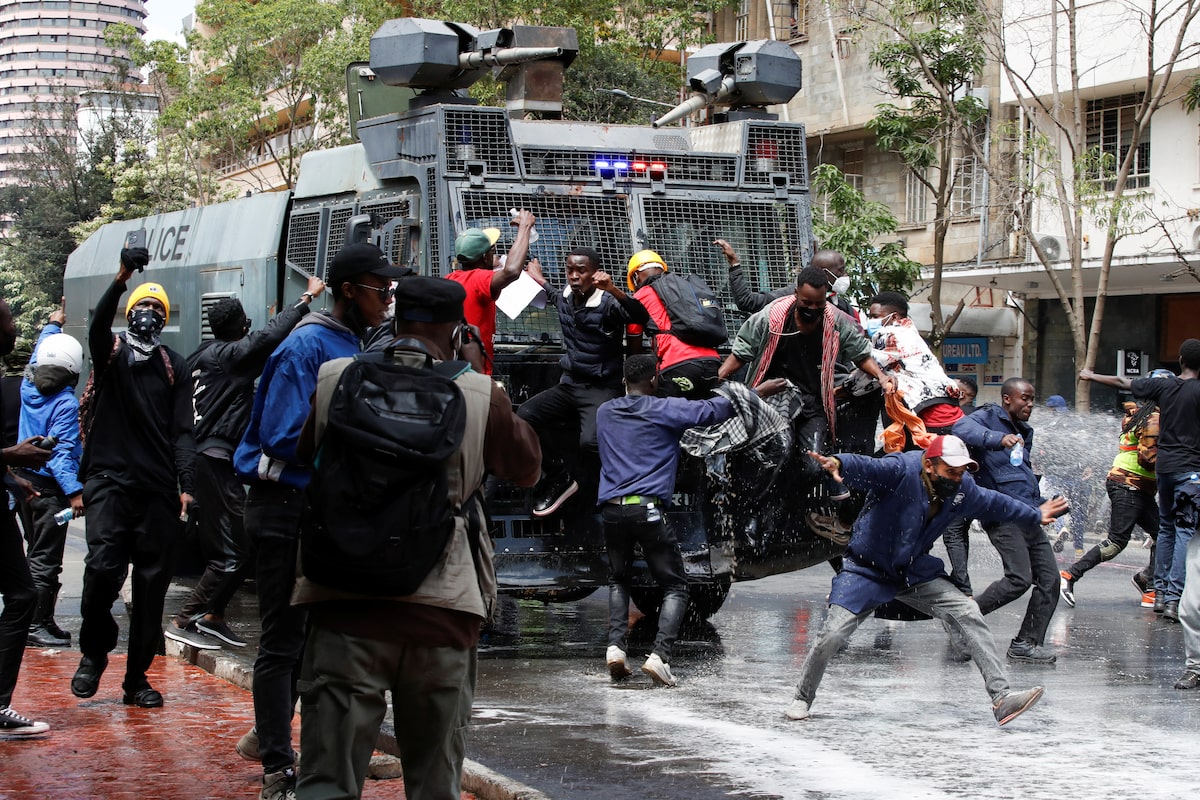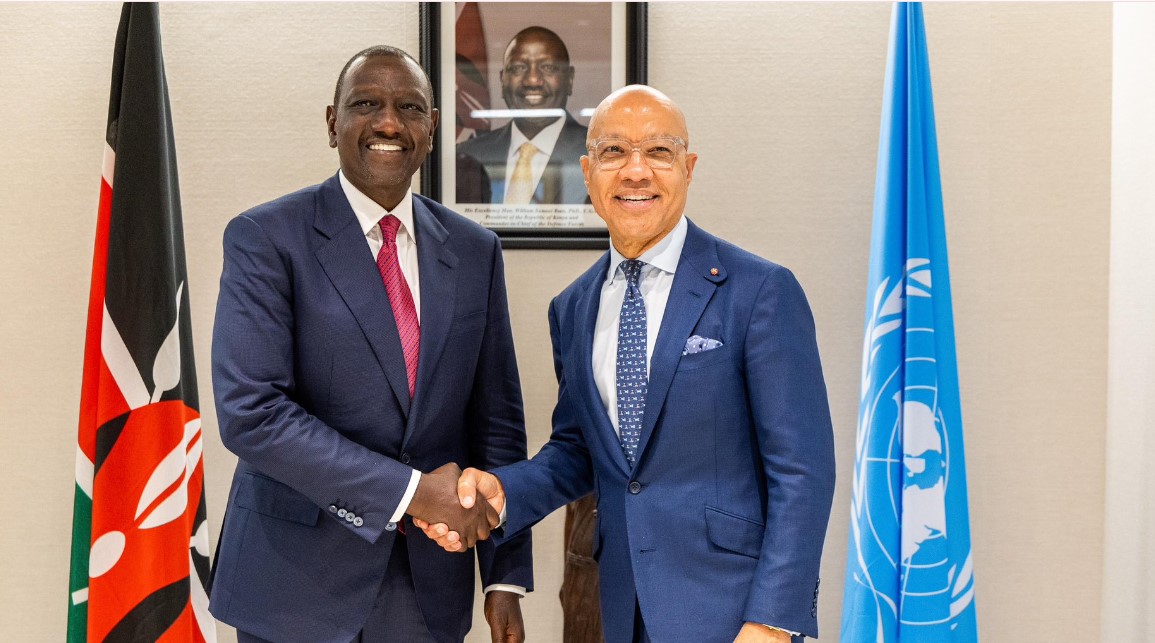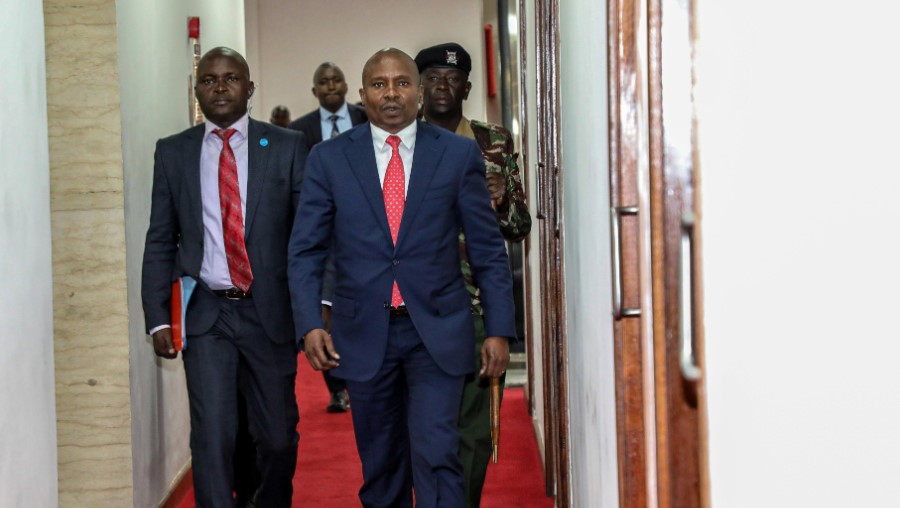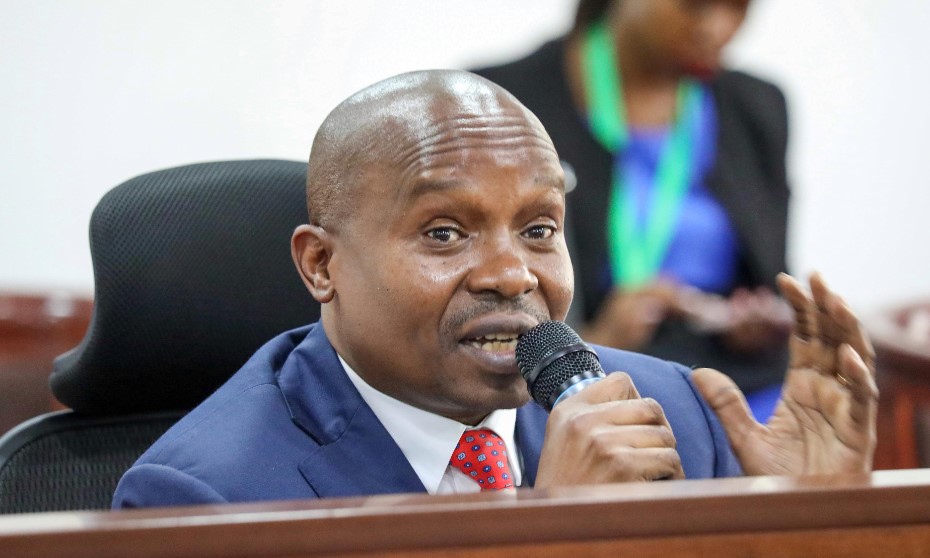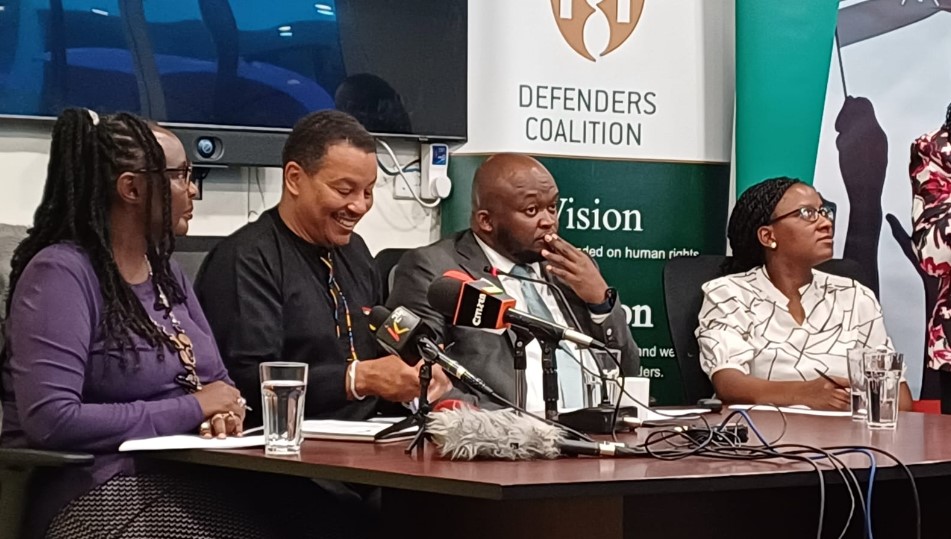Opinion: Why northern Kenya experienced subdued anti-Finance Bill protests
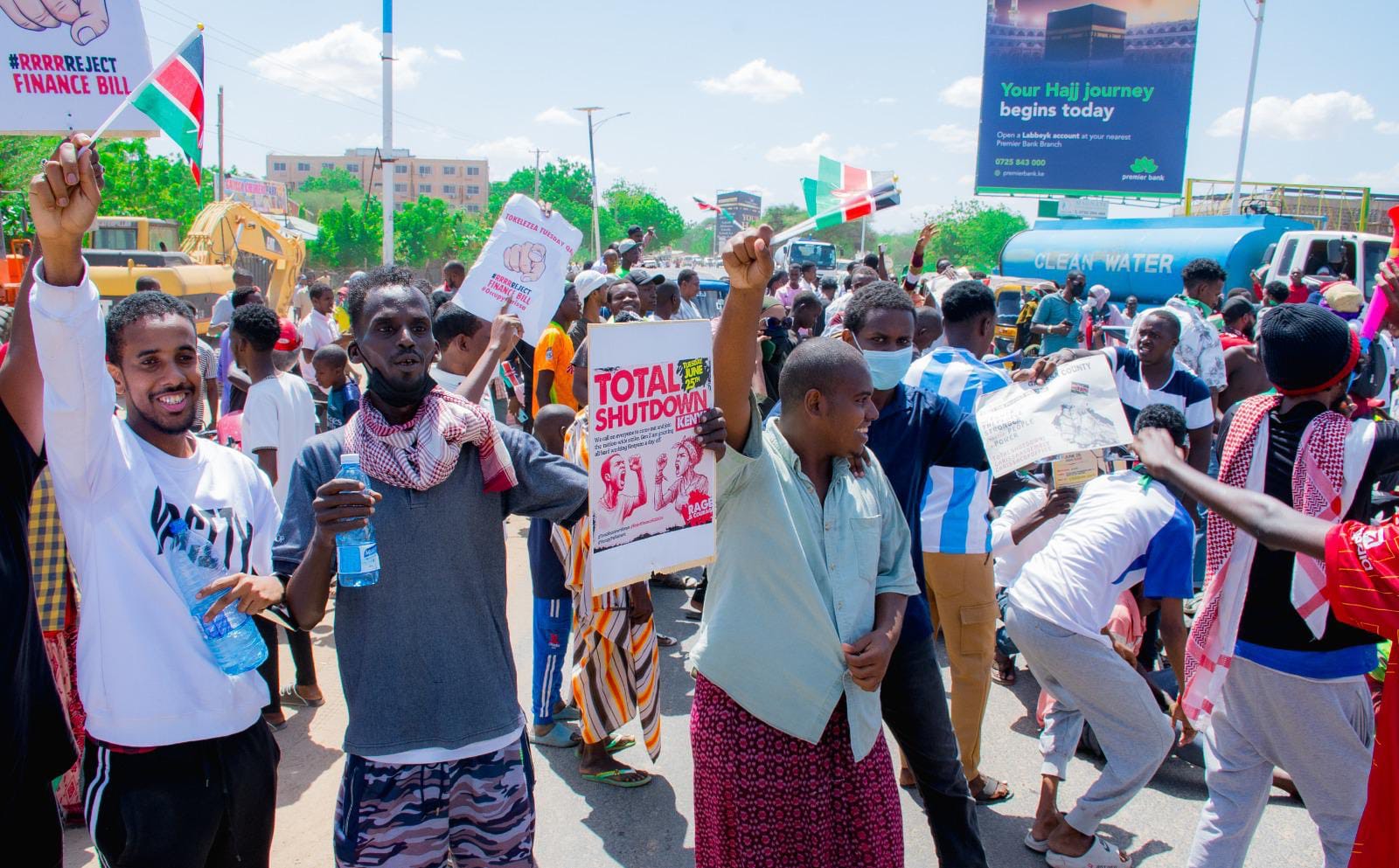
By Amina Boru |
While protests were witnessed in various towns across the country, northern Kenya seems to have been left out of the history-making moment of a revolution by Gen Z, similar to the 1990s agitation for pluralism that was mainly led by a group of politicians then referred to as young Turks.
Kenya has recently experienced an unprecedented push by Gen Z for a better handling of public affairs, with widespread protests triggered by the Finance Bill, 2024, which sought to increase taxes.
The ensuing demonstrations led by youthful protesters forced President William Ruto to withdraw the bill in a desperate bid to assuage the agitated citizens.
Keep reading
- Governor Guyo grilled by Senate, slapped with Sh500,000 fine for failing to honour summons
- It's not easy! Former Health CS Nakhumicha opens up about struggles after dismissal
- Rigathi Gachagua ousted as DP, but accountability for corruption remains elusive
- Lupita Nyong'o expresses concern over crackdown on anti-govt protests, likens tactics to Moi's regime
While these protests were witnessed in various towns across the country, northern Kenya seems to have been left out of the history-making moment of a revolution by Gen Z, similar to the 1990s agitation for pluralism that was mainly led by a group of politicians then referred to as young Turks.
While young people participated in the recent protests, the response in regions like Isiolo and Garissa, the scale and impact have been markedly different. In Isiolo, for instance, the demonstrations have taken on a unique character, influenced by local political dynamics.
Here, the protests against the Finance Bill have been entangled with internal political rivalries. Governor Abdi Ibrahim Guyo has accused a local politician of inciting a faction of the youth into violence, further alleging there was an attempt to burn down county government offices.
This accusation points to deeper political divisions in the county, where the protests have brought into focus the local power struggles, shifting attention from the Finance Bill.
In Garissa, the youth’s engagement has been more restrained. While there is discontent with the Finance Bill, the local youth have not resorted to the same level of aggressive activism seen elsewhere.
This could be attributed to various factors, including the unique socio-political context of the region, the influence of local leaders, mostly the elders, and perhaps a strategic calculation to avoid the destabilisation that has affected other areas.
The rise of Gen Z as a formidable political force in Kenya carries significant implications for the country’s future. This generation, characterised by its digital nativity and fearless approach to activism, has shown that it can drive political change.
Their ability to organise, mobilise, and sustain pressure on the government challenges the traditional political order and demands a new kind of engagement from political leaders.
The president’s decision to engage with Gen Z on X Space signifies a recognition of this new reality. By stepping into the digital arena and directly addressing the concerns of young people, the president has acknowledged the importance of this demographic.
This move, while unprecedented, reflects a broader trend where politicians must adapt to the changing dynamics of political engagement.
While the fervour is evident across most of the country, regions like northern Kenya are still lagging, reminding us that local contexts significantly influence the nature of political activism.
Despite their Yes vote on the bill that Kenyans strongly believed was punitive, the northern Kenya MPs have been well received. Recently, Isiolo Woman Representative Mumina Bonaya participated in a fundraiser and was warmly welcomed. She reiterated that her vote was in favour of the county.
The future of Kenya’s democracy will depend on how well the political establishment can respond to the demands of its young citizens. The engagement on X Space was a step in the right direction, but it is just the beginning.
For real change to occur, sustained dialogue, genuine policy shifts, and an inclusive approach to governance are essential. Gen Z has made its mark; now it is up to the leaders to rise to the occasion and build a more responsive and equitable Kenya.
The writer is a health record information officer, social change maker, and programme officer at Northern Frontier Medical Association.
Reader comments
Follow Us and Stay Connected!
We'd love for you to join our community and stay updated with our latest stories and updates. Follow us on our social media channels and be part of the conversation!
Let's stay connected and keep the dialogue going!


